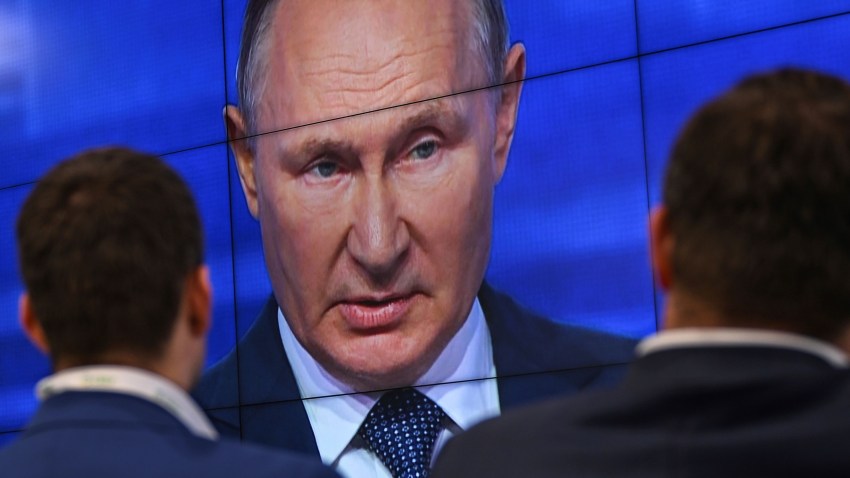A year ago this month, Russia launched its full invasion of Ukraine. Core to the West’s effort to deter President Vladimir Putin in the runup to the invasion, as well as to the immediate and subsequent responses in its aftermath, was the imposition of trade and financial sanctions. While sanctions had been imposed on Russia ever since it invaded and illegally annexed Crimea from Ukraine in 2014, they were paltry and limited compared to what was to come in February 2022 and thereafter, which amounted to weapons of economic warfare.
Over the past year, numerous countries, led by the U.S. and members of the European Union, have leveled an unprecedented package of severe economic sanctions on Russia. These range from freezing Russian individuals’ and entities’ bank assets, to banning imports of Russian gas and cutting Russia out of the SWIFT international transaction system. The sanctions are both comprehensive, targeting the Russian economy in general, and specific, aimed at freezing and confiscating the assets of key Russian oligarchs who support Putin.
Nearly a year into the application of these severe sanctions, a natural question arises: Are they working? Unfortunately, the answer is no. If the past year has reinforced any lesson, it is that economic coercion alone is not enough to achieve a policy goal. This lesson should already have been clear from numerous other cases of sanctions that failed to change a targeted country’s behavior, such as the long-standing U.S. embargo of Cuba. Instead, it will have to be learned again in this case. Indeed, given the comprehensive nature of these sanctions, they may well demonstrate the ultimate futility of economic coercion as a foreign policy instrument.

